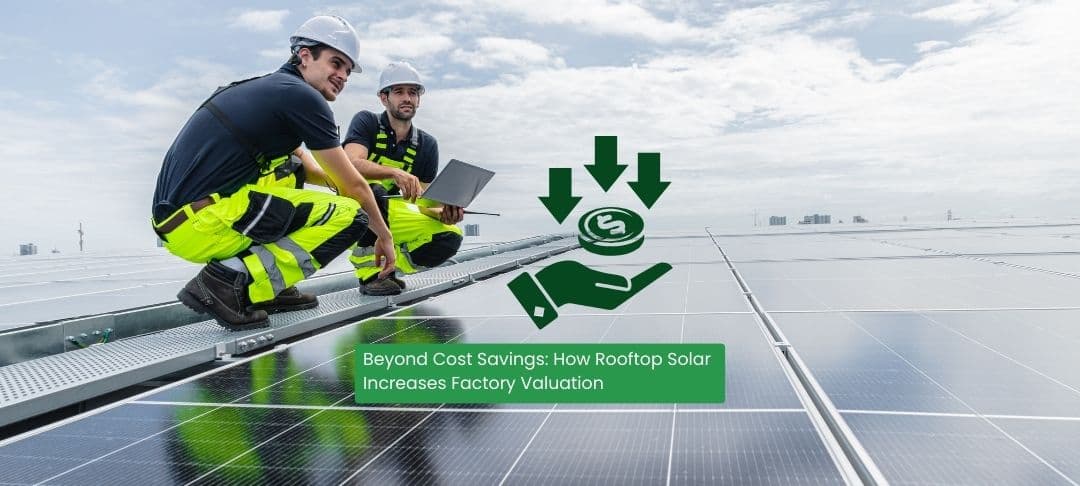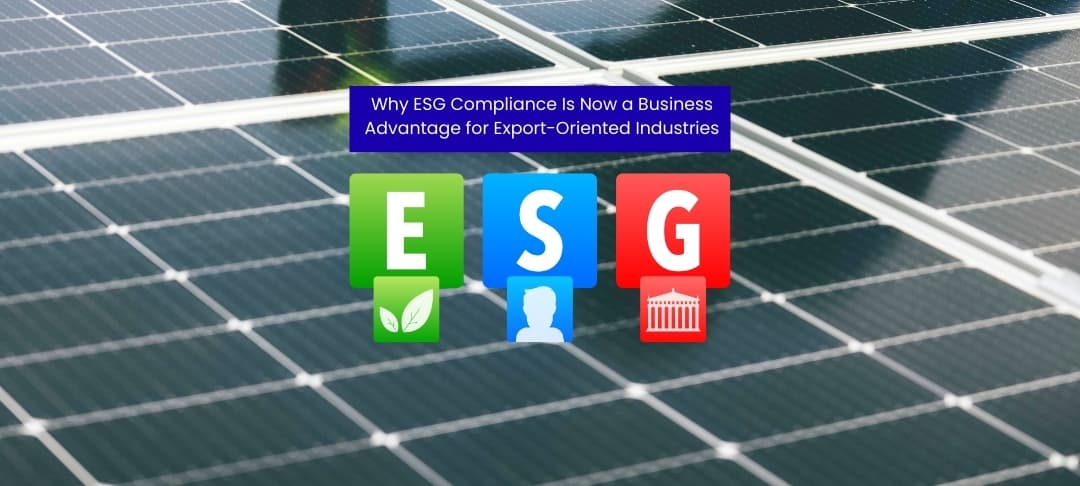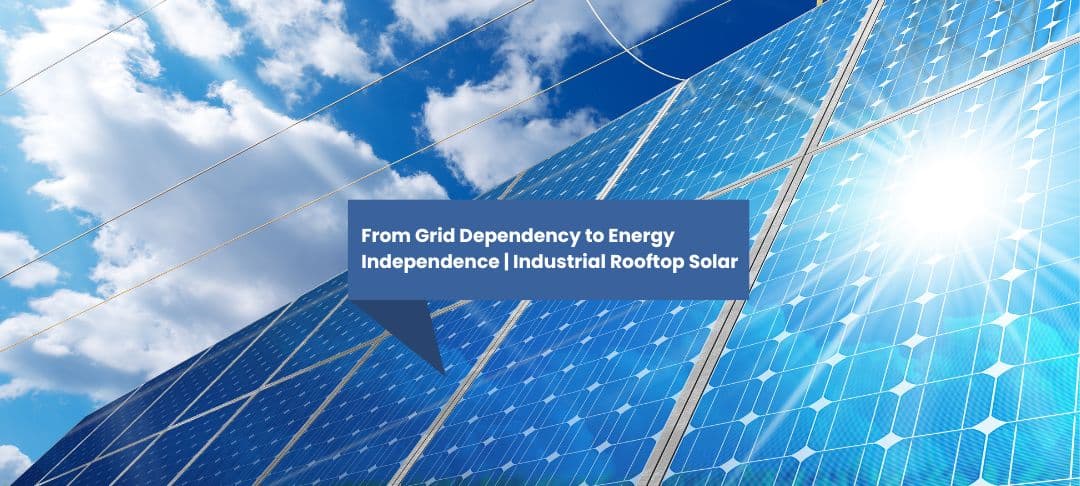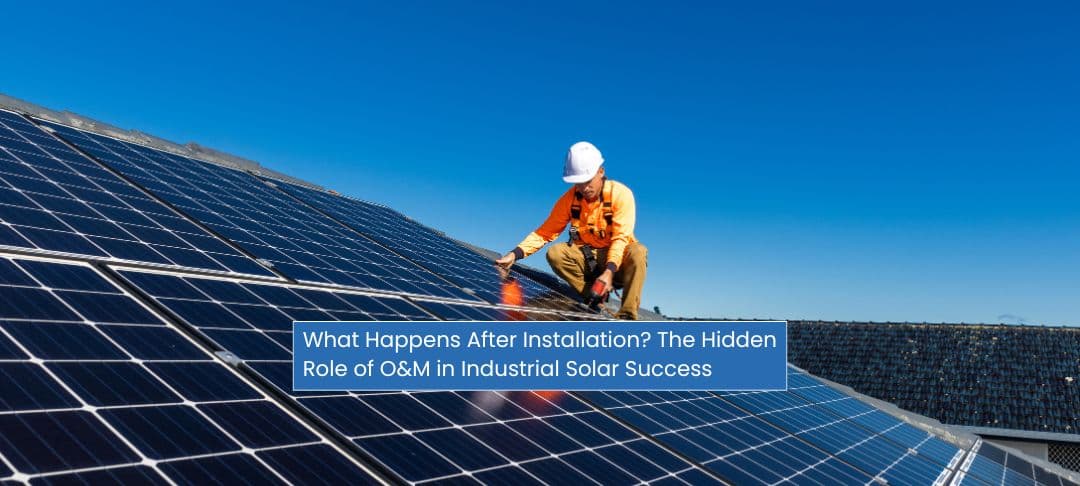Explaining Solar Panel Disadvantages
Published at - October 19, 2021
A solar system, like any other system, isn't perfect. There are several disadvantages of a solar system. However, don't back out just yet. Lets first try to solve these problems and try earnestly to convert into solar. It is important to note that, if we can deal with the disadvantages of the solar system, the advantages will outrun our efforts. In this article, we are going to do just that. We shall point out some difficulties you might face while converting to solar.
It is important to note that this blog is not in anyway to discourage solar panel installation. Rather, it is to make you more resourceful and happy when you convert. As you know the disadvantages beforehand, you will be ready to tackle them.
What are the Disadvantages of the Solar System?
There are some disadvantages of solar panels, which you might want to look into before converting to solar. These disadvantages are
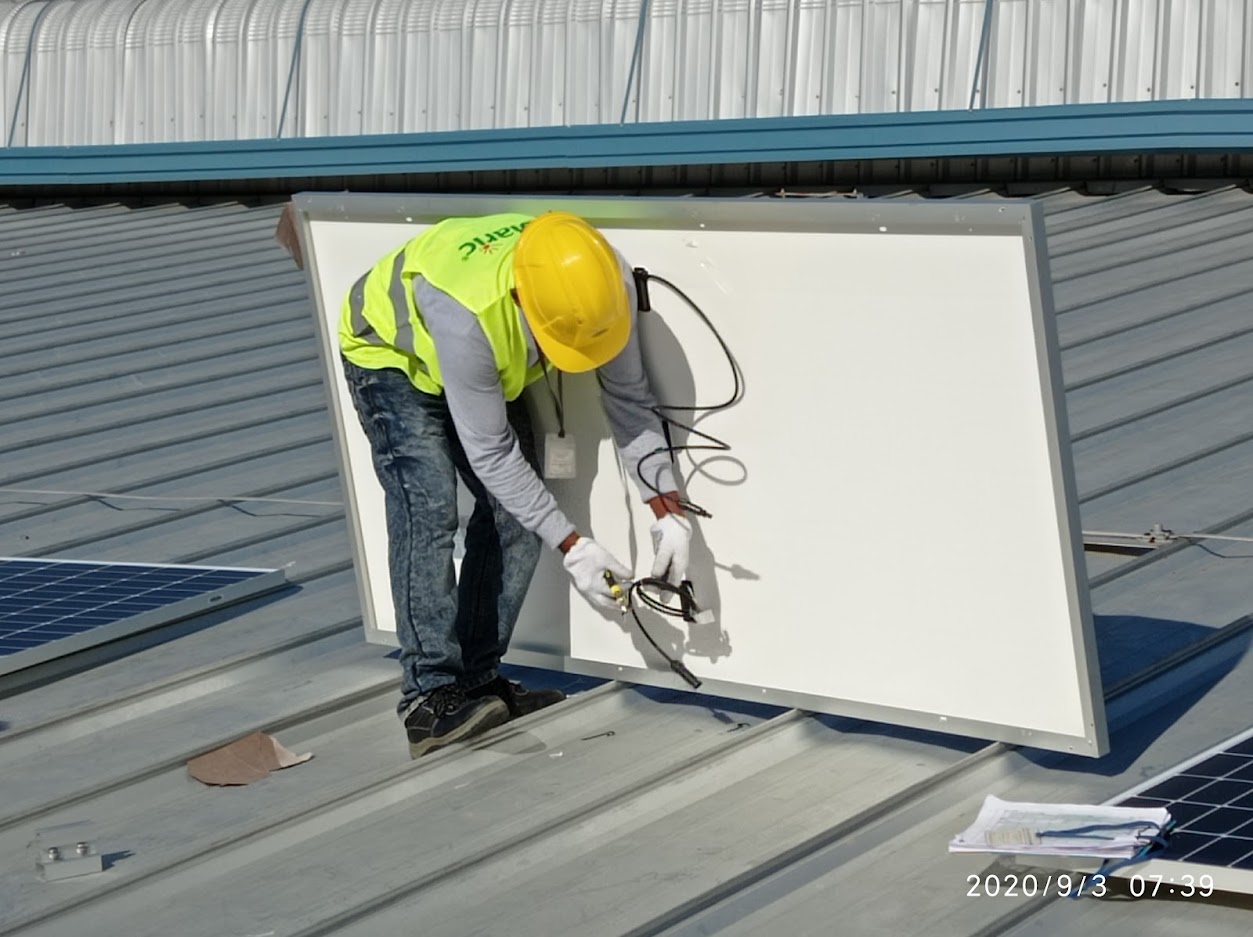
-
Geographical Location: The disadvantages of the solar panels are often determined by the geographical location of the solar system. The places that have polar night are not good for solar panel installation. Also, as the availability of the sunlight is a important precondition of solar energy generation, if the exposure of the sunlight is blocked by mountains, uneven terrains, hilly regions or other geographical phenomena- solar energy production won't be sufficient.
-
Adverse Weather: Adverse weather can be another disadvantageous factor for solar power production. Heavy rains, sky overcast with thick clouds, heavy snowfall can disrupt solar power production. On the other hand, installed solar can be a subject to heavy storm or other natural disasters.
-
Technical Problems: Although, not very common, some local solar provider are responsible for providing low category solar equipment. These can cause technical difficulties. However, if the provider is reliable this problem will not occur. Therefore, make sure to pursue solar from a reliable provider.
-
Efficiency: Comparing electricity generated through fossil fuel and solar energy, fossil fuel is often better efficient. The expensive and efficient solar cell is nearly 22% efficient. On the other hand, efficiency of fossil fuel stems from 37-66% depending on the type of the solar panels.
These are the primary disadvantages of solar panels. Also, the life-expectancy of solar panels, size of the panels and the space they should occupy are other important affairs to look though.
How long before solar panels wear out?
Every system exists in the world will eventually wear out. Solar system, although largely depends on maintainance, has a long life of efficiency of 30-40 years. It doesn’t mean the panels will not produce power anymore after it has reached to its 40s. It simply means, it may be reduced in efficiency significantly. However, a solar system well maintained and made with quality elements may live up-to 60 years.
What should be the size of my solar panels?
Solar panels for home use are typically 65 inches by 39 inches, or 5.4 feet by 3.25 feet, with some variation across manufacturers. Industrial solar panels are slighly bigger. The size should be determined according to requirement and feasibility. The size of the panels depends on the size of the roof or free spaces on the ground. It also depends on the ammount power one needs to run a household.
How much space should my solar panels occupy?
Between 335 and 405 square feet of roof area is required for the average solar installation. Just like the size, it also depends on the need and the feasibility. If you have a big and unused space on ground or a large eligible roof- you should use more spaces to install the panels. The bigger the space, the greater the production.
